This feature is part of Dot’s New Year Resolutions series, where we’re looking ahead to the gaming goals we have for 2024. You can check out the entire series here.
Competitive chess is a beast like no other. It exposes your limitations and forces you to confront the unknown over and over again. Can you keep your poise under fire and remain precise as the clock ticks down?
This is a large part of why I have, so far, only played in rating-capped tournaments in my “adult improver” phase (“adult improver” is a term of art for “old and not really good.”) I’m a top 5 percentile player according to Lichess and top 0.01 percent if you ask chess.com about its collection of casuals. But if you go on FIDE’s website, it will let you know that there are almost 80,000 players ranked above me in the real offline world—and for most of my competitive outings over the past few years, I’ve avoided those folks like a plague.
One of the best, or merely the rest?

Part of this was due to the video gamer mindset: Let’s clear up a level before moving on to a higher one, and the matchmaking algorithms will always aim to ensure I end up playing an even match. And besides, again, there is nothing more soul-rending than a tough, long chess match. There is nowhere to hide, and there’s very little in terms of excuses. If you lose, it’s because you thought wrong. You didn’t see things right. Your plans were silly; your calculations were dumb; why the hell are you (why the hell am I) here in the first place?
As gamers, pampered on near-even matchups and teammates to blame, this can be a tough pill to swallow, and brutal self-flagellation is a common feeling among chess players—indeed, so much so that mental resilience plays almost as large a part in the competitive game as your direct knowledge, especially on the lower levels. As Tartakower once said, “The winner of the game is the player who makes the next-to-last mistake.”
Facing demons and giants
Playing in a strong open tournament, where anyone can sign up and join, with master-level players battling for the top spots, you are bound to play a few strong opponents along the way, if only because of the way the initial Swiss brackets tend to shake out. Those molded in the fires of strong sporting competitions see these matches as great learning opportunities, even as they are ground into a fine paste in a handful of moves. But, again, that’s where the gamer mindset kicks in for me: What’s the point of signing up for a tournament knowing that I have absolutely no chance to win it? Surely my playtime and practice would be better spent experiencing something I can understand?
It’s a question I shall strive to answer in 2024. I will still aim to add to my tiny treasury of tinpot trophies in events where I will exclusively face my peers, but at least once, I will peer into the abyss of chess excellence and allow it to gaze back at me, joining a strong open chess tournament to see how weak and close-minded I am when it comes to the royal game.
That said, there’s a practical benefit to this. While the super-strong players will definitely make mincemeat out of me, opens provide the opportunity to beat a few reasonably higher-rated players and cash in many more rating points along the way than what would be possible by only battling opposition of an Elo similar to mine. Now, that’s something I could definitely appreciate, even with a gamer mindset.



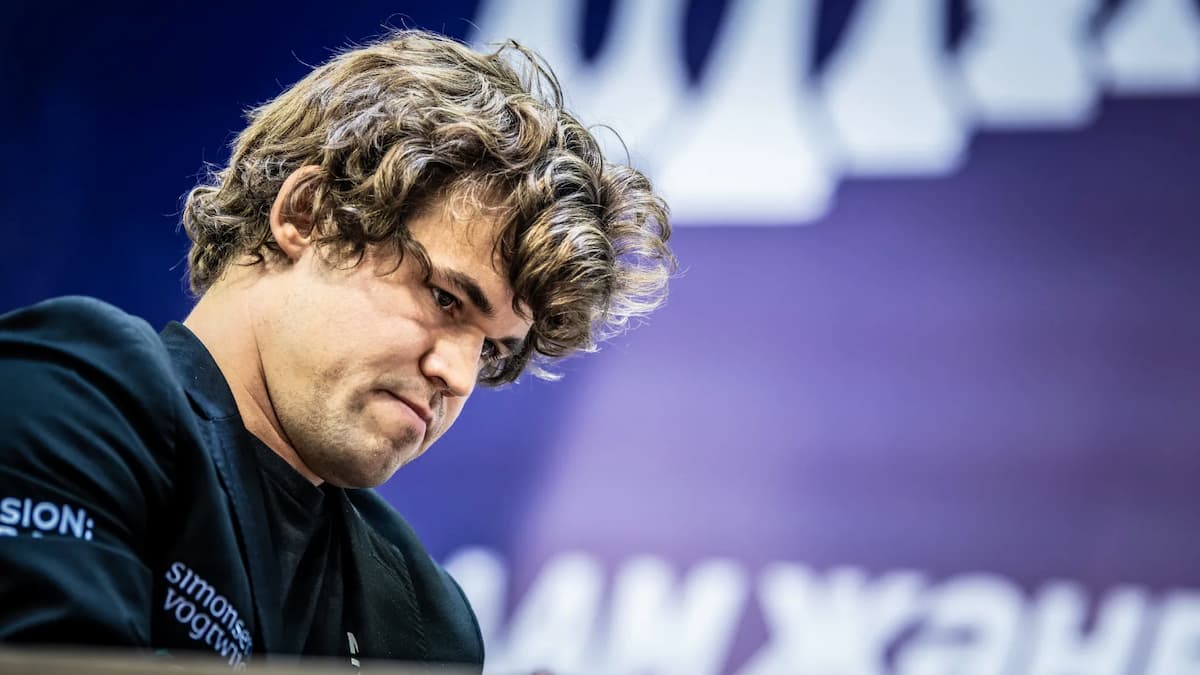
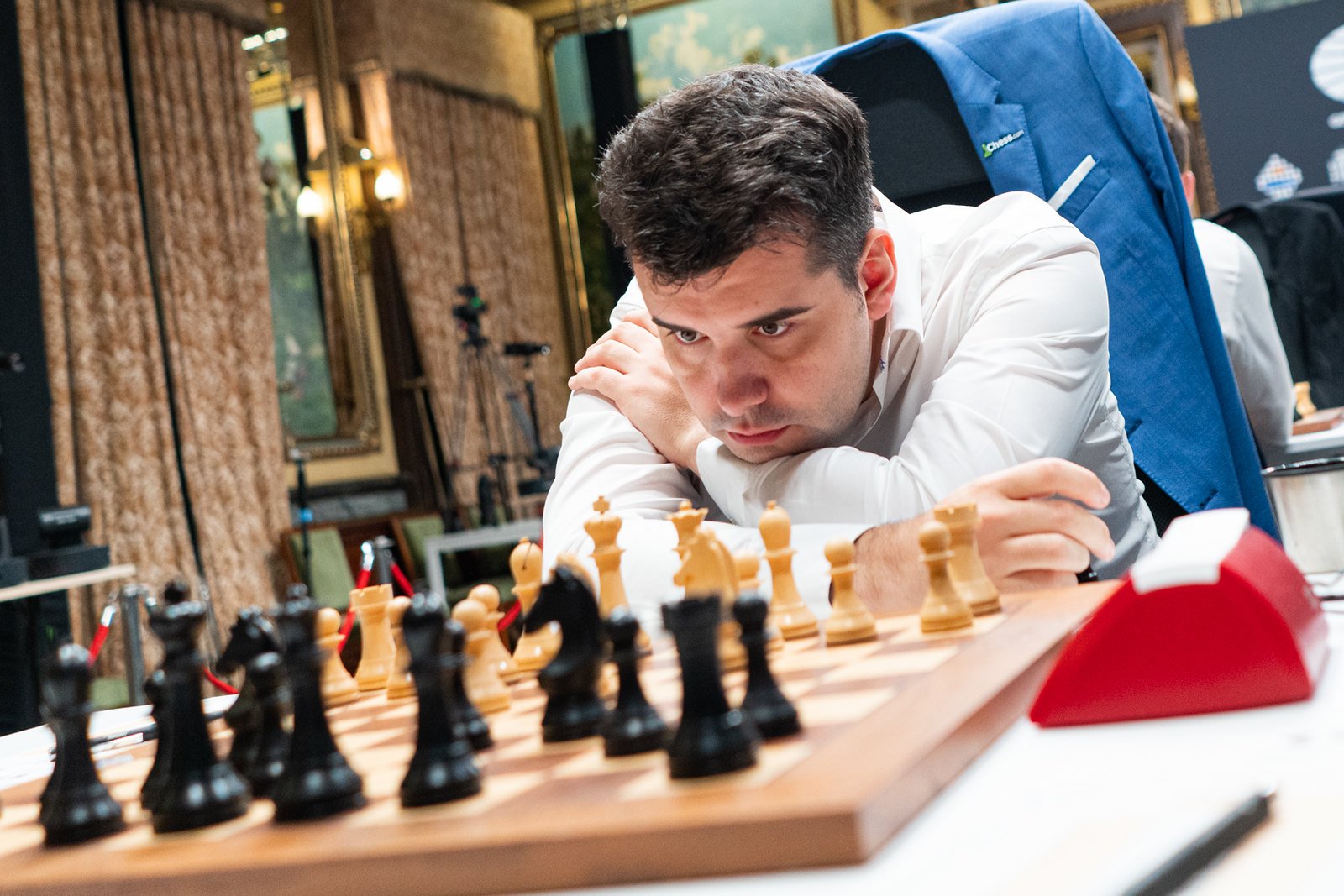
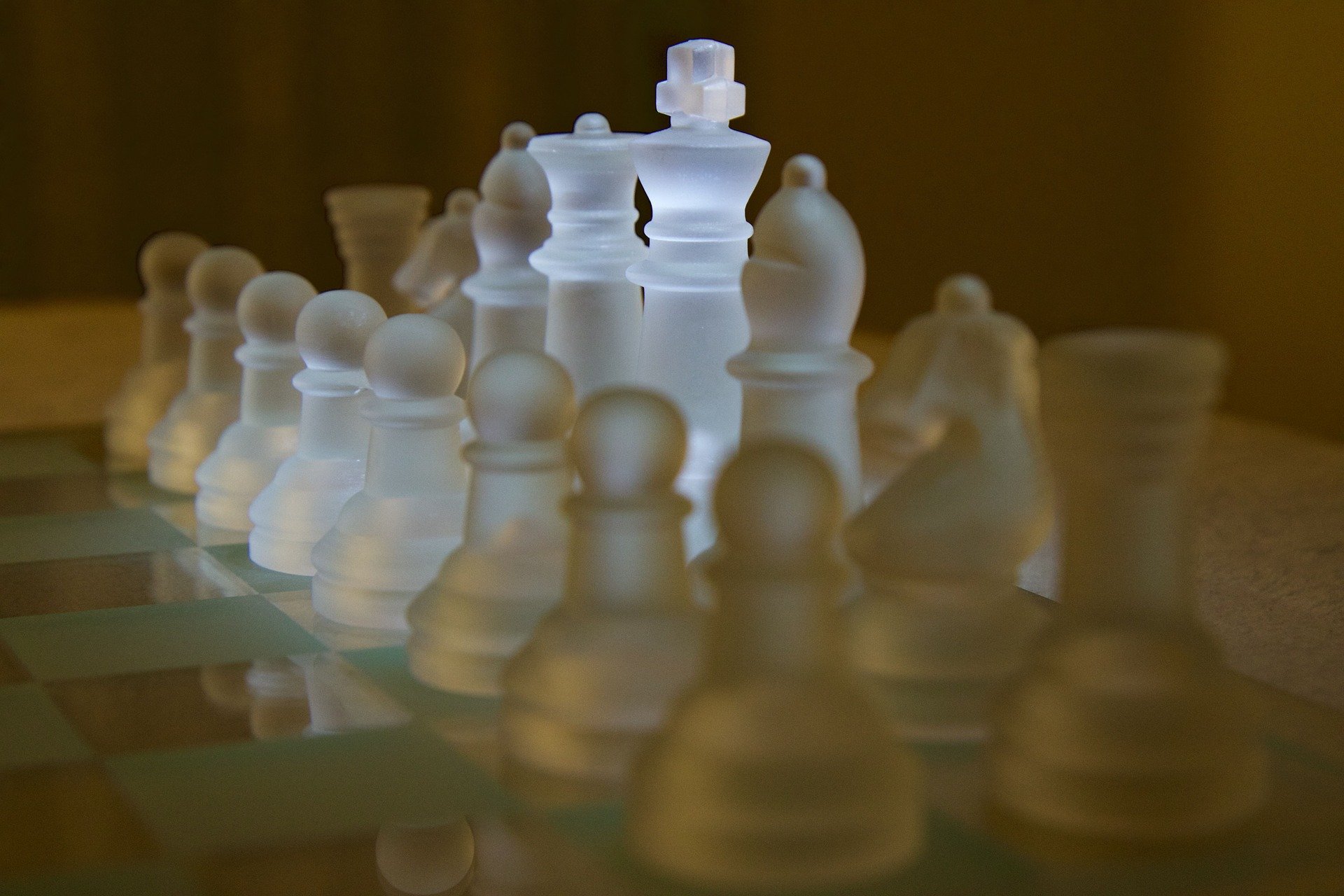
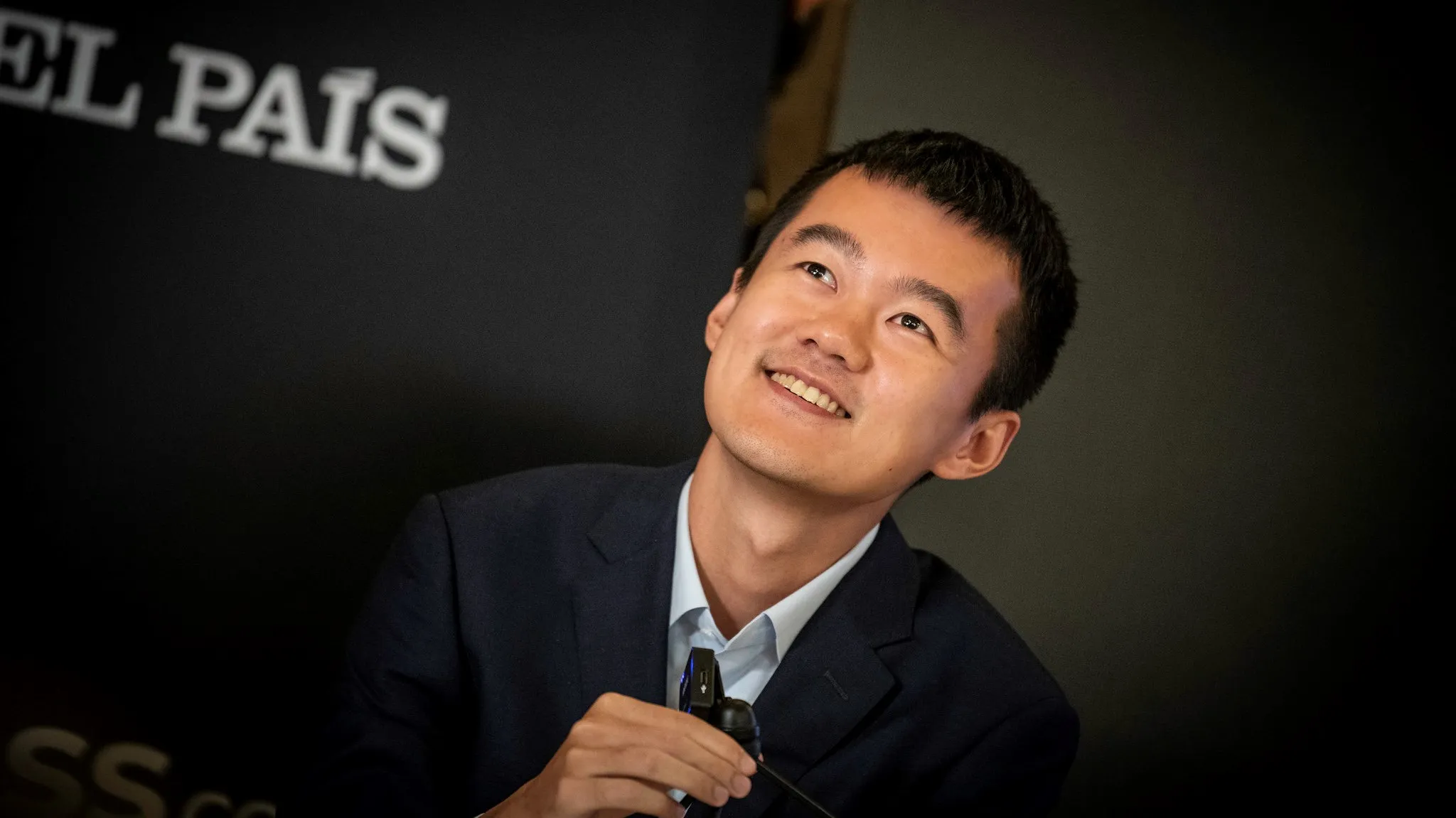
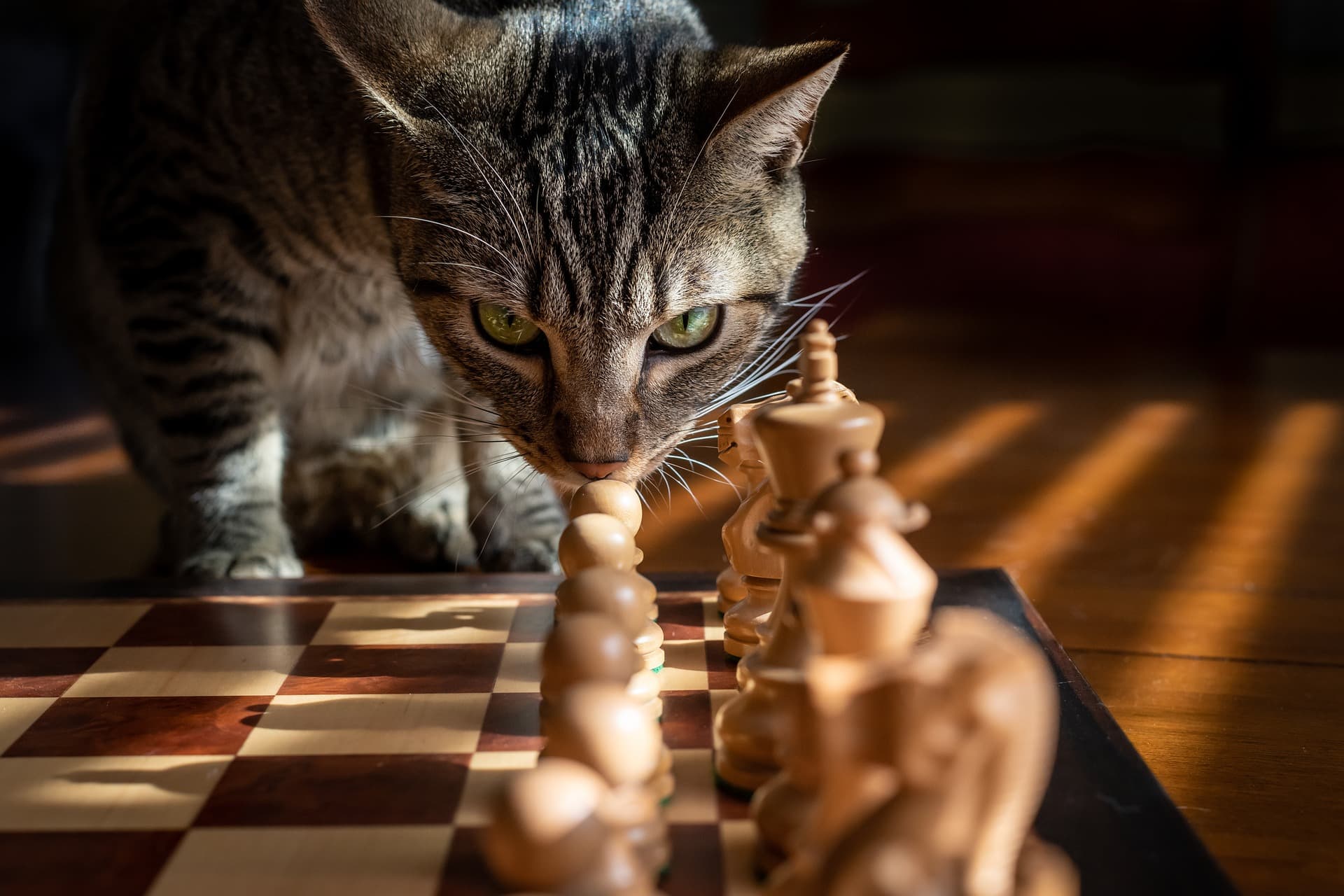
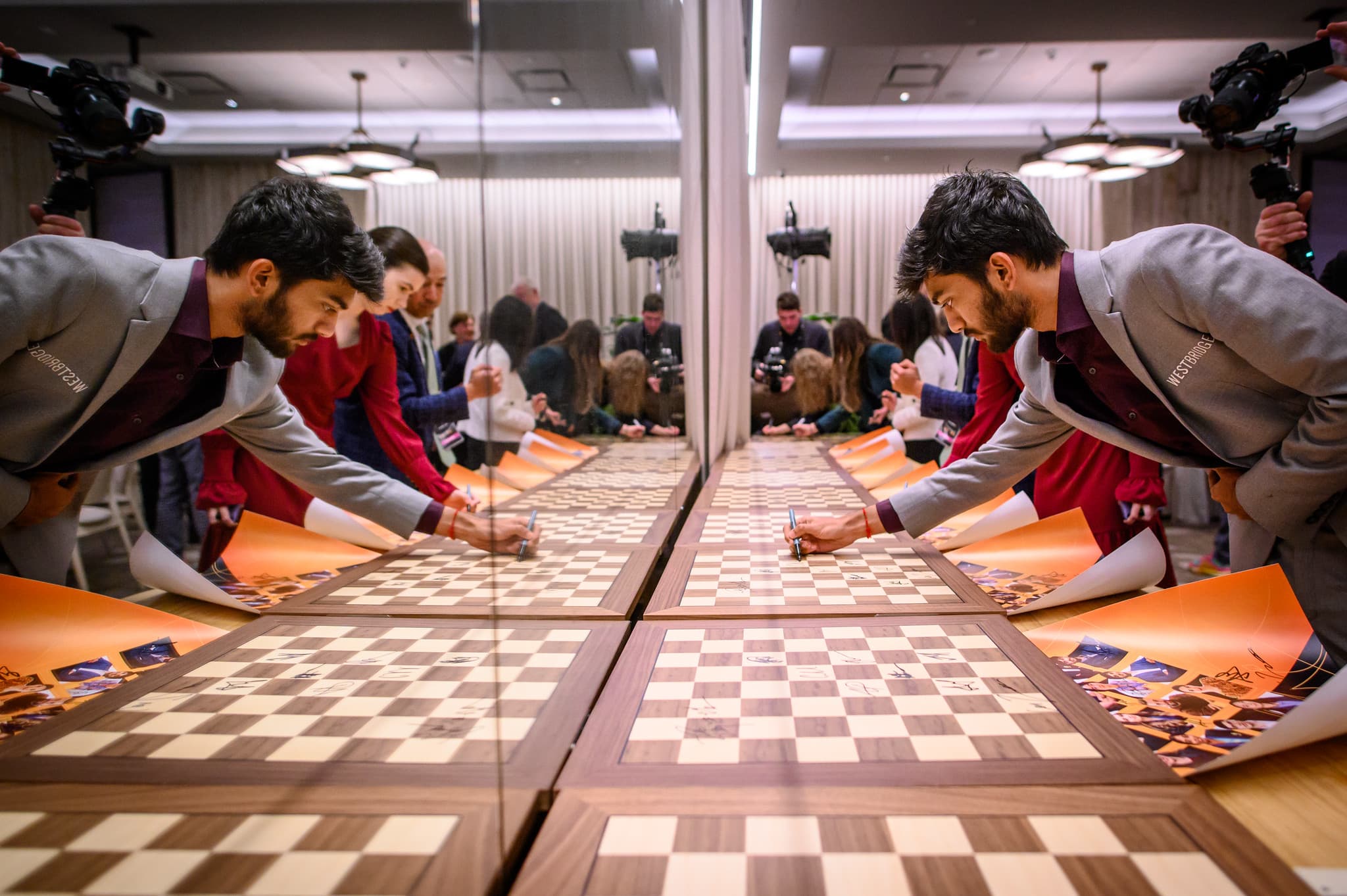
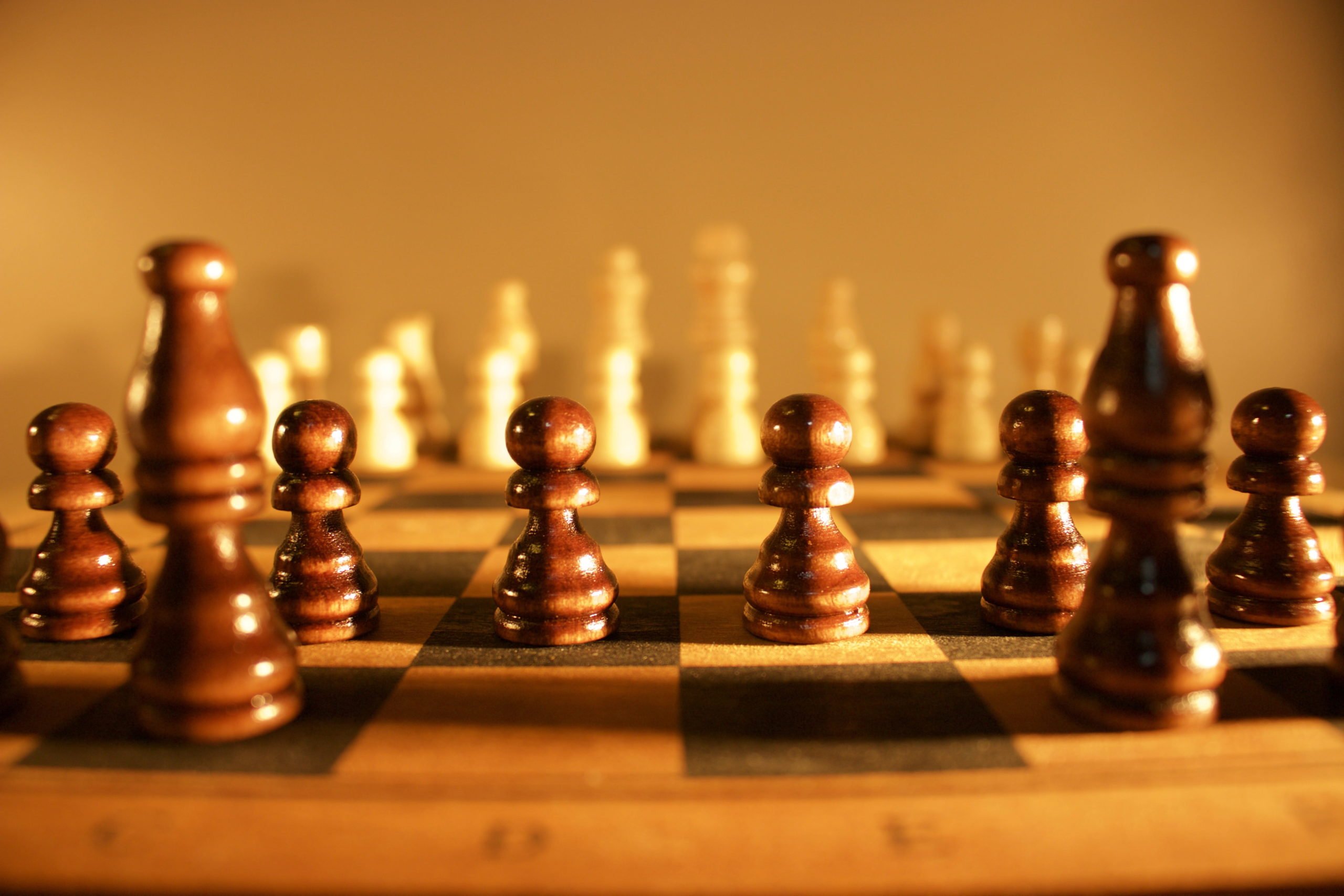
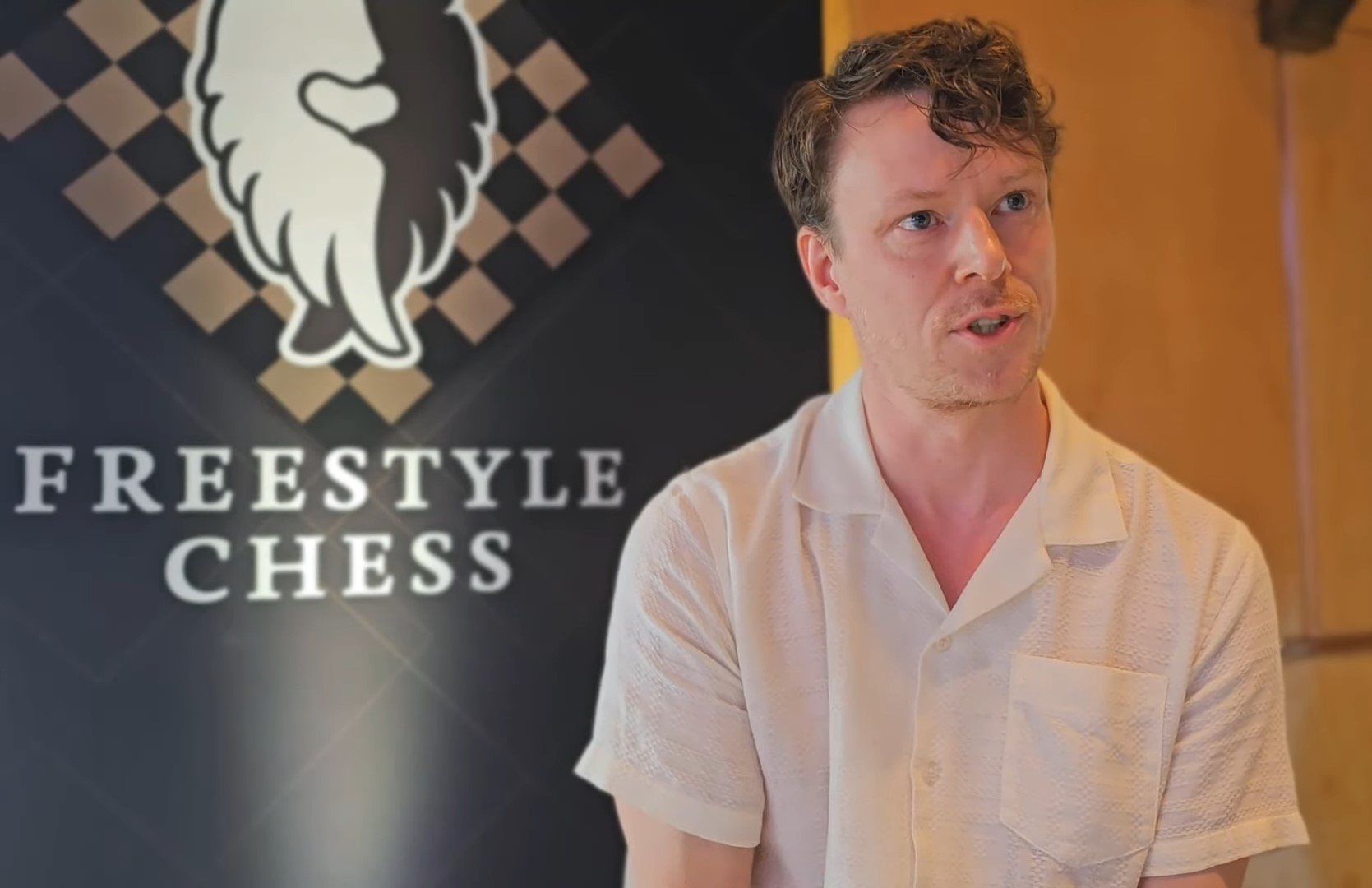

Published: Dec 14, 2023 06:02 am